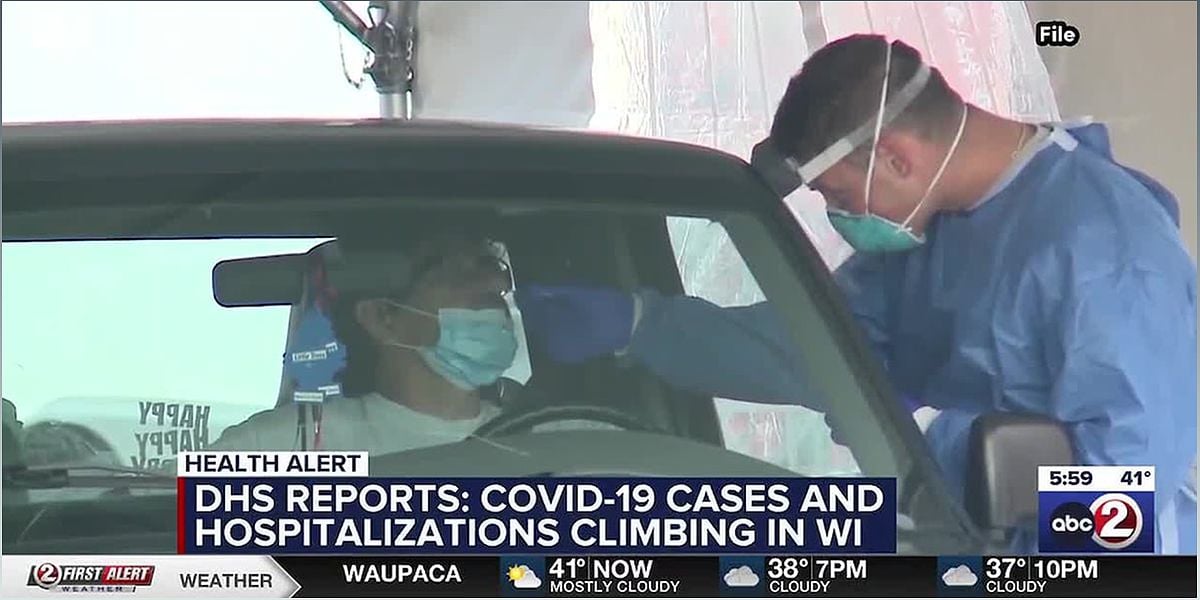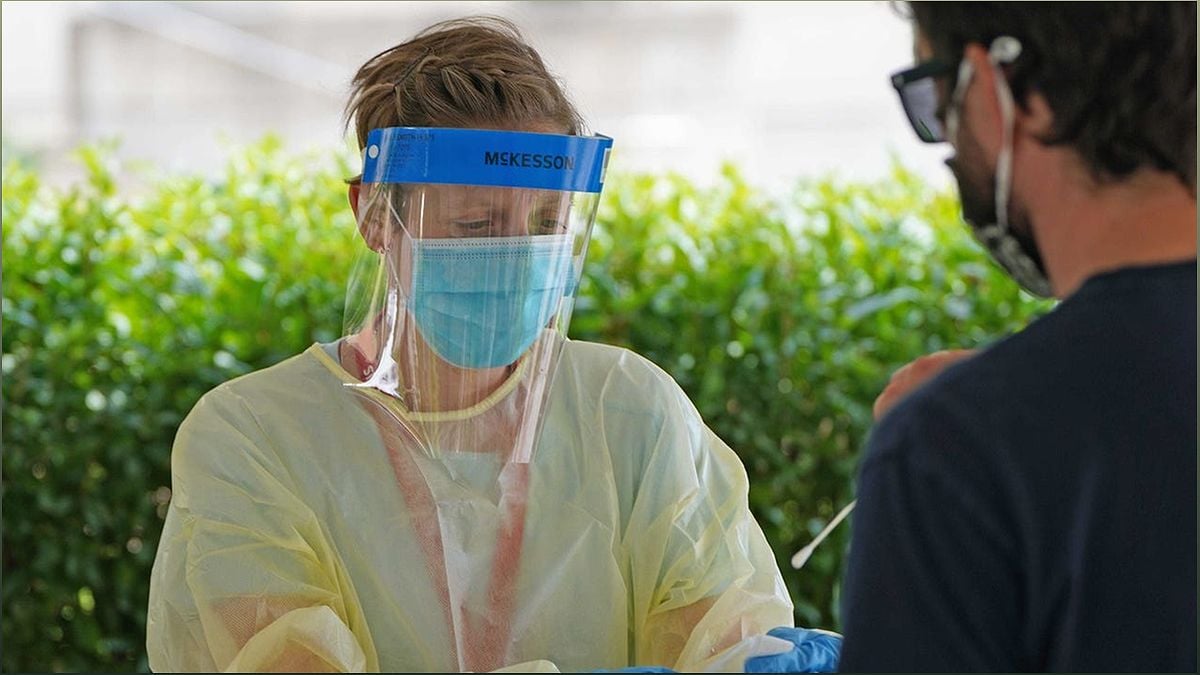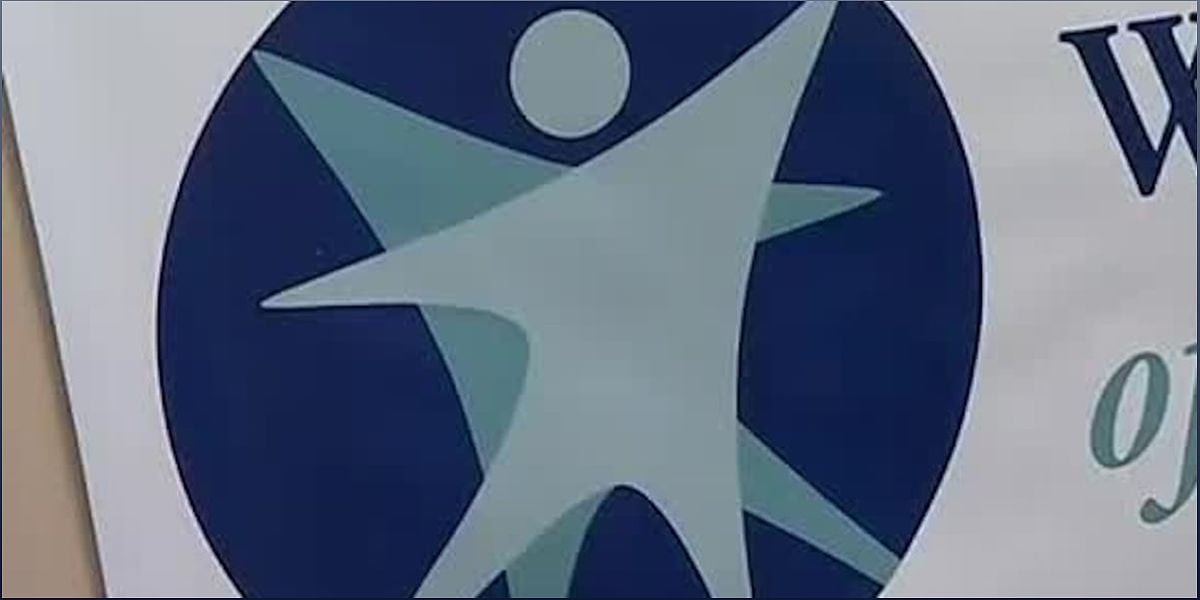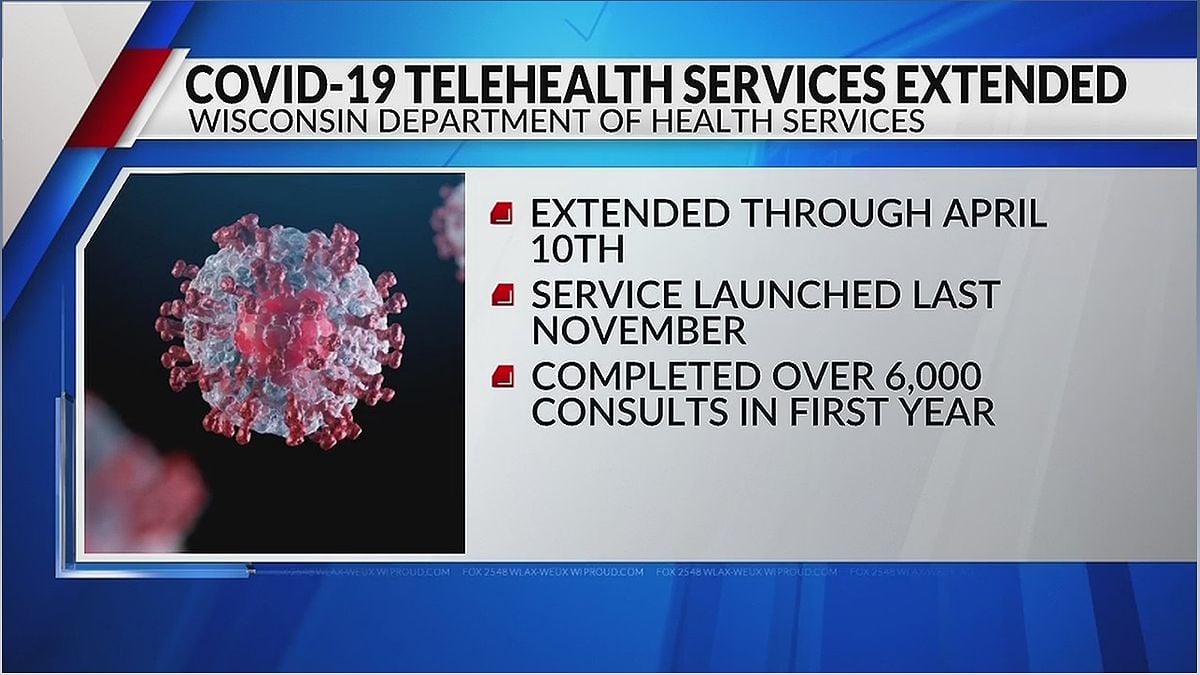Rising COVID-19 Cases in Wisconsin: Urgent Need for Vaccination
As a content writer specializing in mental health and self-care, I feel compelled to address the rising COVID-19 cases in Wisconsin, particularly among older adults. The data from the Wisconsin health department is concerning, showing a steady increase in COVID-19 activity, as well as a rise in influenza and RSV cases. Hospitalizations for these respiratory illnesses have also seen a significant surge. This article aims to shed light on the urgency of getting vaccinated and the potential consequences of low vaccination rates. With only 30% of adults in Wisconsin receiving the flu shot and a mere 12% getting the updated COVID-19 vaccine, it is crucial to raise awareness and encourage people to take action. The CDC warns that if vaccination rates do not improve, it could lead to more severe disease and strain the healthcare system. Let’s explore the reasons behind the low vaccination rates, including lack of awareness, loss of trust, and vaccine fatigue. By practicing good hygiene, wearing masks, and staying home when sick, we can help reduce the spread of these respiratory illnesses. Additionally, the state of Wisconsin is extending its free telehealth service until April, providing quick access to care. To find a vaccine near you, visit vaccines.gov and enter your zip code. Together, let’s prioritize our health and the well-being of our community by getting vaccinated.
The Alarming Surge in COVID-19 Cases
COVID-19 cases are on the rise in Wisconsin, particularly among the elderly population. The state’s health department data shows a steady increase in COVID-19 activity, along with a rise in influenza and RSV cases. Hospitalizations for these respiratory illnesses have seen a significant surge, with a 200% increase in influenza hospitalizations and a 50% increase in COVID-19 and RSV hospitalizations in the past four weeks.

Wastewater surveillance data in areas like Fond du Lac, Waupaca, and Green Bay indicates high levels of COVID-19 activity. This alarming trend calls for immediate action to curb the spread of the virus and protect public health.
Low Vaccination Rates: A Cause for Concern
Despite the increasing COVID-19 cases and the rise of other respiratory illnesses, vaccination rates in Wisconsin remain low. Only 30% of adults have received the flu shot, and a mere 12% of eligible adults have received the updated COVID-19 vaccine.

There are several reasons behind these low vaccination rates, including lack of awareness, loss of trust, and vaccine fatigue. It is crucial to address these concerns and educate the public about the importance of vaccination in preventing severe illness and protecting the healthcare system.
The Urgent Need for Vaccination
The CDC warns that if vaccination rates do not improve, it could lead to more severe disease and strain the healthcare system. To prevent further spread of COVID-19, influenza, and RSV, it is crucial for individuals to get vaccinated.

Practicing good hygiene, wearing masks when necessary, and staying home when sick are also important measures to reduce the spread of these respiratory illnesses. Additionally, the state of Wisconsin is extending its free telehealth service until April, providing quick access to care for those who need it.
Addressing the Reasons Behind Low Vaccination Rates
There are several factors contributing to the low vaccination rates in Wisconsin. Lack of awareness about the importance of vaccination, loss of trust in the healthcare system, and vaccine fatigue are some of the key reasons.

To address these concerns, it is crucial to provide accurate information about the vaccines, address any misconceptions, and rebuild trust in the healthcare system. Community outreach programs, educational campaigns, and open communication can help overcome these barriers and increase vaccination rates.
Taking Action: Prioritizing Health and Well-being
Individuals can take several steps to protect themselves and their community. Practicing good hygiene, such as regular handwashing, wearing masks when necessary, and staying home when feeling unwell, can help reduce the spread of respiratory illnesses.
It is also important to prioritize vaccination for COVID-19, influenza, and RSV. By getting vaccinated, individuals can significantly reduce their risk of severe illness and contribute to the overall well-being of the community.
To find a vaccination site near you, visit vaccines.gov and enter your zip code. Together, let’s prioritize our health and work towards a healthier and safer Wisconsin.
